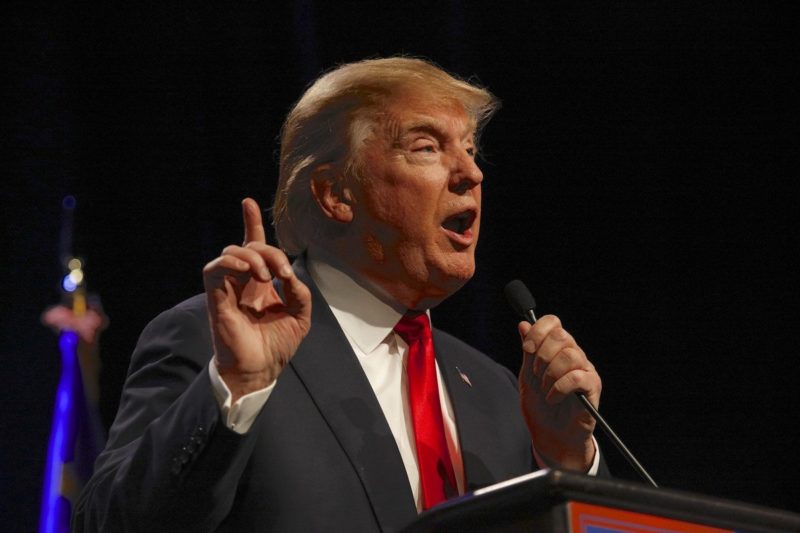Donald Trump’s Health-Care Plan Would Increase Uninsured Rates
About 17.6 million previously uninsured Americans have gained coverage through the Affordable Care Act since the law's key provisions were implemented.

Republican presidential candidate Donald Trump on Wednesday released the details of his health-care plan, promising to repeal and replace the Affordable Care Act (ACA).
Trump’s seven-point plan pledges to ask Congress to repeal the ACA “[o]n day one of the Trump Administration,” and to work with members of Congress “to make sure we have a series of reforms ready for implementation that follow free market principles and that will restore economic freedom and certainty to everyone in this country.”
His proposed reforms include changing laws in order to allow coverage to be sold across state lines, making tax-free contributions to health savings accounts (HSAs)—despite the fact that HSAs already exist and that contributions to them are tax free—providing state block grants for Medicaid, and removing “barriers to entry into free markets for drug providers that offer safe, reliable, and cheaper products.”
Health-care experts note that Trump’s plan would increase the amount of people without insurance in the United States.
“These proposals, including repeal of the [Affordable Care Act], would lead to a significant increase in the number of people uninsured,” Larry Levitt, vice president of the Kaiser Family Foundation, told The Hill in an email. “In that sense, this plan really isn’t a replacement for the ACA. But that makes sense, since the aims are very different—less spending, less regulation, and lower taxes.”
About 17.6 million previously uninsured Americans have gained coverage through the ACA since the law’s key provisions were implemented, according to the U.S. Department of Health and Human Services. The ACA passed through Congress without a single Republican vote in the House or Senate.
Trump’s plan comes after criticism from Republicans over remarks made during a February CNN town hall in which Trump said he supported the ACA’s individual mandate, which requires all Americans to have health insurance. When asked by host Anderson Cooper how he would protect those with pre-existing conditions should the mandate be repealed, Trump replied, “Well I like the mandate.”
He used his position on the matter to contrast himself with his GOP rivals. “So here’s where I’m a little bit different. I don’t want people dying on the streets,” Trump said.
The details from Trump’s plan now specify that the individual mandate should be repealed along with the rest of the ACA because no one “should be required to buy insurance unless he or she wants to.” There is no mention in the plan of what the candidate would do to address the more than 60 million people with pre-existing conditions who would lose coverage should the ACA’s protections be eliminated.
Although details of Trump’s proposal to restructure Medicaid funding into a state block grant system are sparse, the policy is common among Republicans. Sen. Marco Rubio’s (R-FL) health plan includes the block grant provision.
Edwin Park, vice president of the Center for Budget and Policy Priorities, has explained that converting Medicaid to block grants could lead states to drop millions from the program’s enrollment and “would likely let states drop certain benefits that people with disabilities or other special health problems need.”
